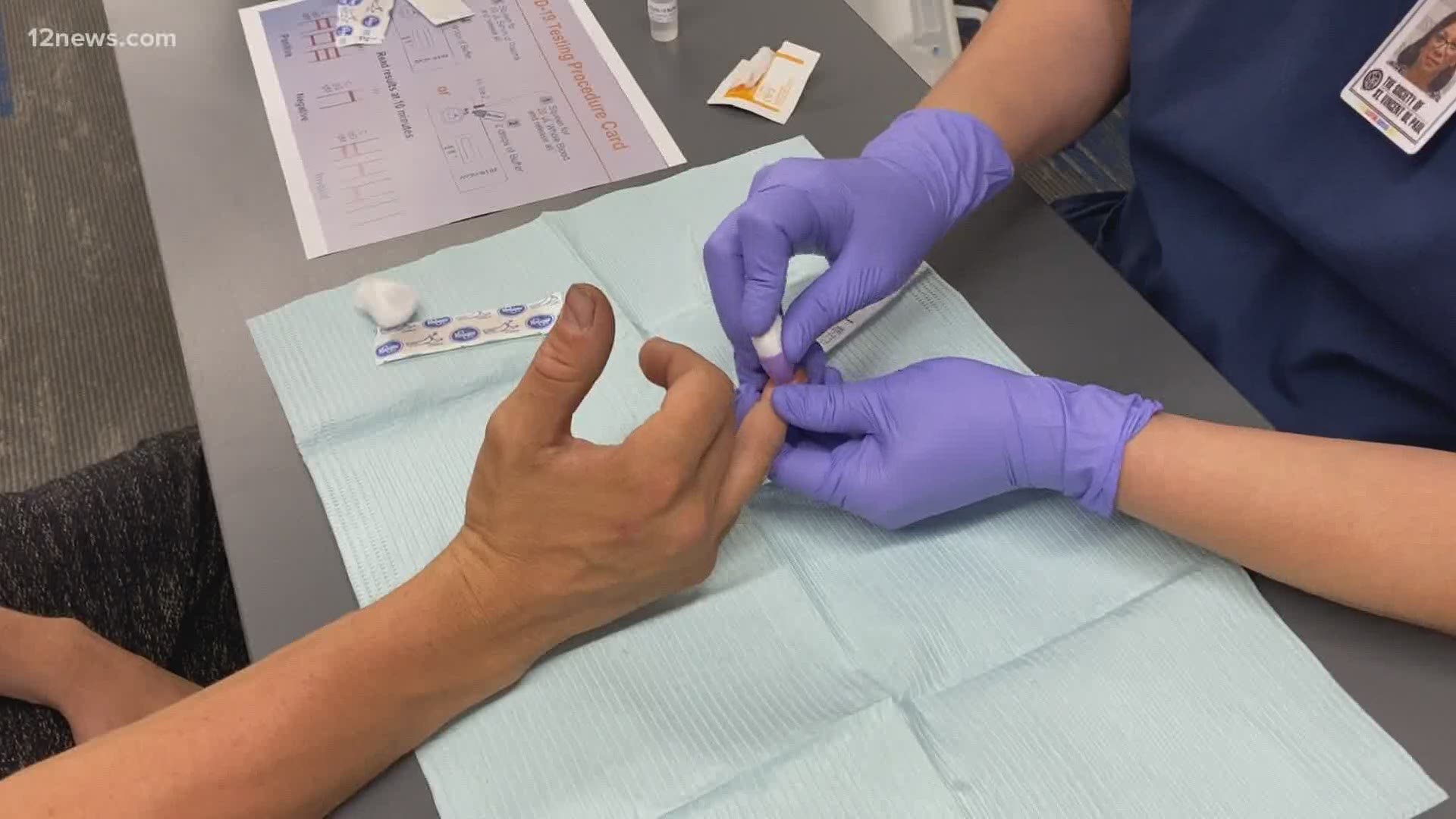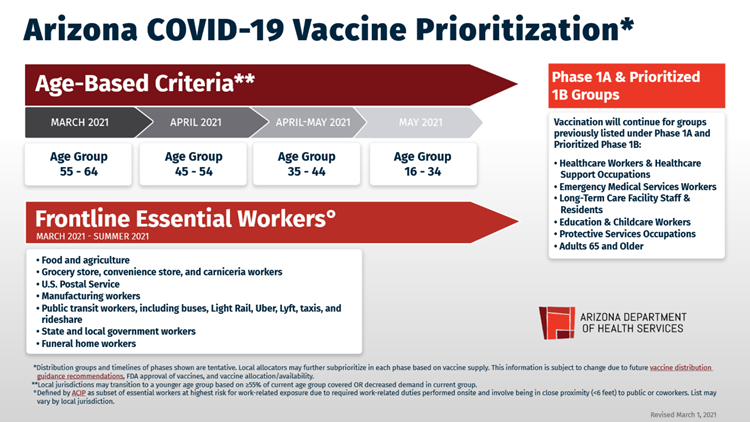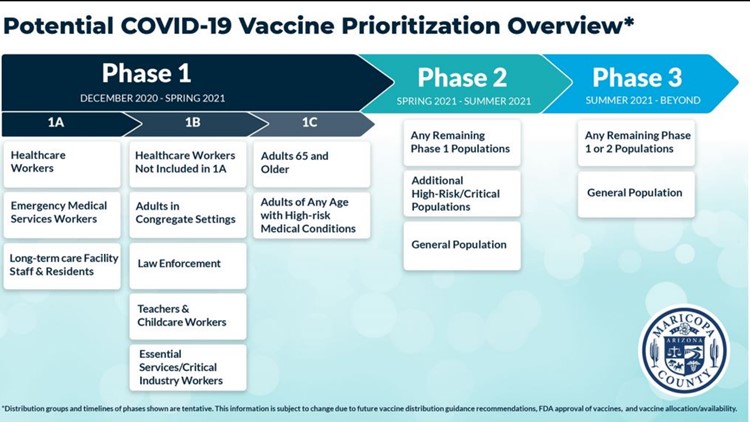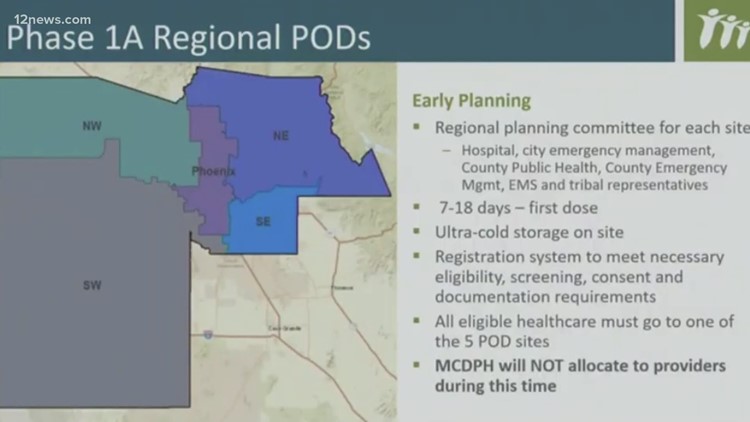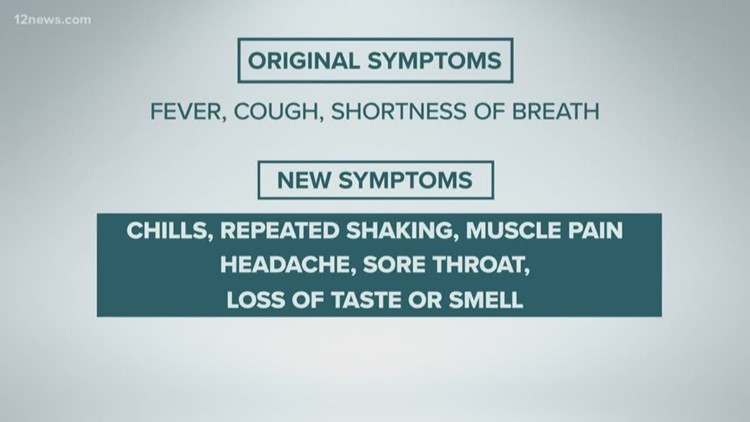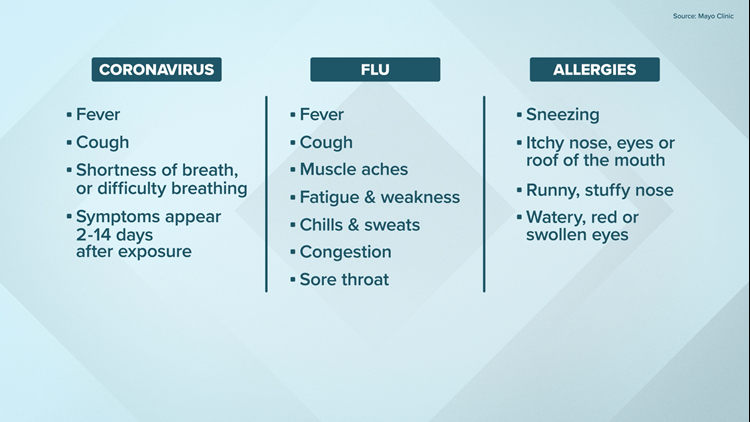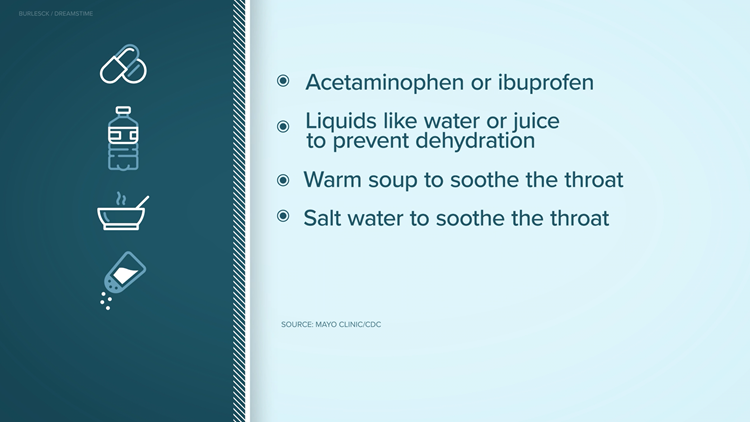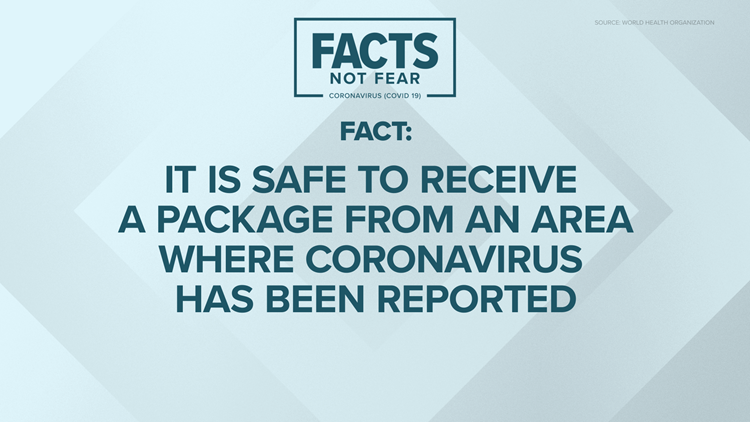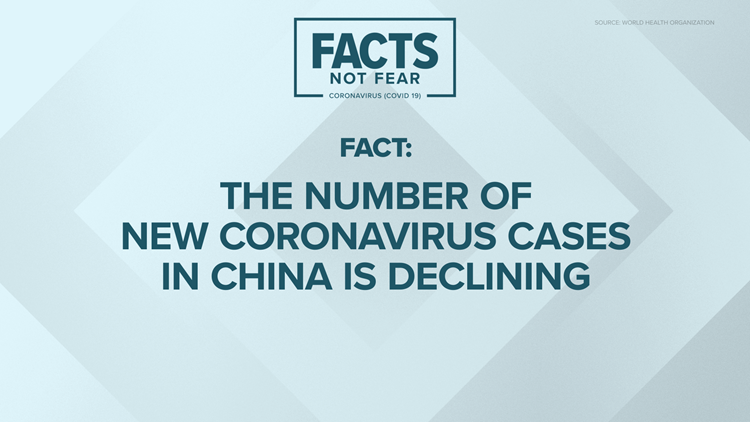PHOENIX — Antibody testing has become a big component of managing the pandemic as they are supposed to tell you whether you’ve already had COVID-19.
But some are wondering whether they should believe the results, and what the impact false results could have.
Minerva Daniels said she had a lot of symptoms related to COVID-19 back in December that landed her in urgent care twice.
“Terrible sinus pressure, I started developing a cough, and it was a really dry cough,” Daniels said. “I think I started feeling better in January, and even then my breathing never returned to normal.”
She wondered if she could have had coronavirus, so when COVID-19 antibody tests started coming out a few weeks ago, she went to get one.
“She came out and told me it was negative,” Daniels said. “And I was like, ‘No, there’s no way this test is negative.’”
While she’s taking precautions, she wonders about how those who received a positive, accurate or not, might behave.
“They’re just going to spread, spread, and spread and continue to spread,” Daniels said.
“The false-positive rate could be a problem,” Dr. John Altin, a TGen Assistant Professor, said.
Altin said most antibody tests out right now have a 90% to 95% specificity.
That means five to 10% of people who get tested may not have accurate results and might think they’re immune when they’re really not.
“They run the personal risk of getting exposed to the virus and getting ill and they also run the risk of contributing to the community transmission,” Altin said.
Altin adds there are still questions about what exactly a positive from an antibody test means.
“Even if it’s a true positive, we don’t know what duration or level of protection exists for this virus yet,” Altin said.
Altin is currently conducting a research study on that topic at TGen North.
The COVID-19 Immunity Study, as it’s being called by TGen, is asking for participants who tested positive for COVID-19 through a nose swab, and have recovered.
Participants are sent a kit to use at home to collect two blood samples through a finger prick a week apart. The test is then mailed back to TGen where it’s studied.
Altin said through the study he’s hoping to look at COVID-19 in a deep way, which could lead to helping direct a vaccine for the virus.
“Not just one or two pieces of the virus but thousands of fragments of the virus and develop a really rich map, if you will, how antibodies recognize the virus, and also how that changes over time,” Altin said.
Altin anticipates the antibody tests for coronavirus will improve, but as for how to take results, his advice is to be cautious.
“I would urge caution right now about taking these results beyond their limitations and taking risks that are not justified right now,” Altin said.
RELATED:
- Arizona taking 1st step toward mass coronavirus testing in nursing homes
- Quick antigen test for COVID-19 gets emergency FDA authorization
- Arizona lab wants to study antibodies of those who have recovered from coronavirus

